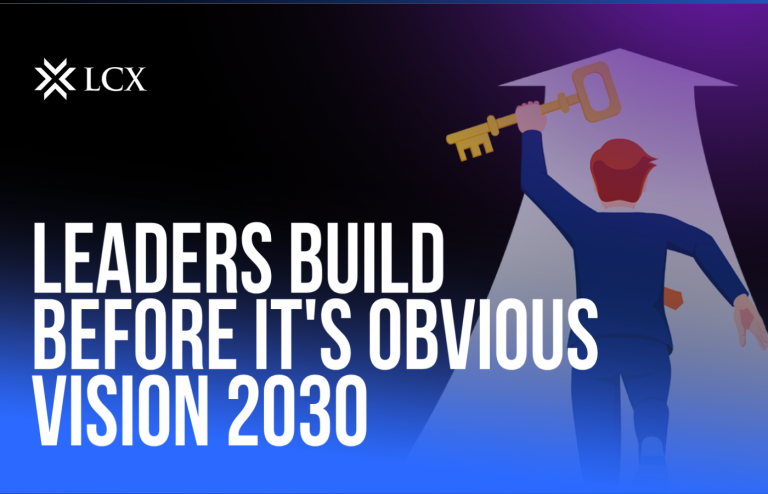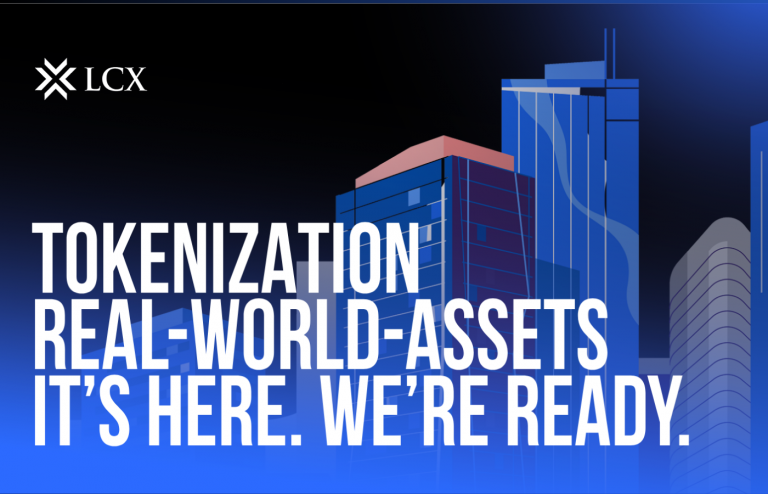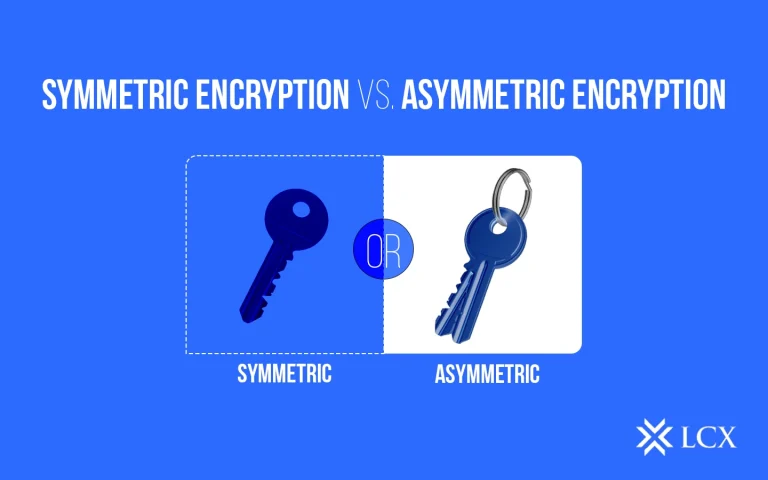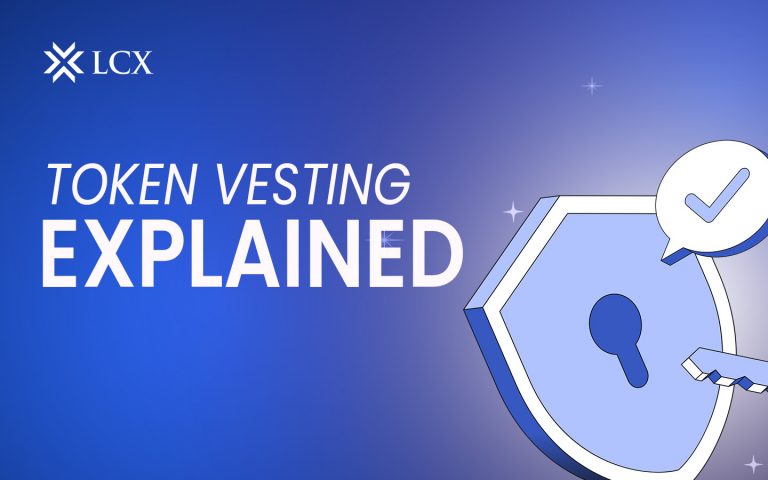This article is part of our educational content series.
The world managed to sail through the transition of the economy from being industrial to knowledge based and then to being digital. The age of digitization opened several gates for us and gave individuals and groups across the globe a louder voice, a plethora of choices and greater growth opportunities. Although some great benefits, they came at the cost of embracing change, flexibility and a greater risk.
The need to boost economic value creation and grow the structural flexibility and antifragility of the economy led the world to explore the decentralised blockchain technology and its by-product – cryptocurrencies and tokens. This transition, like any other, is a bumpy ride. However, changing trends have shown more acceptance towards the once intimidating decentralised technology. The evolution is expected to create a tight knit global financial scenario with blurred geographical and digital divide.
This implies that start-ups and businesses need to pivot their existing business-models and growth strategies towards meeting the changing needs of customers. They have the opportunity to stay at an advantage by experimenting with products and services that focus on customer’s unmet needs. There is also the opportunity to establish scalable new markets, and create value by providing unique services and ecosystems.
To create value in the changing scenario, businesses must align their strategizing and actions around these 7 basic principles of value creation.
1. Always make sure that everything you do creates value.
The marriage of growth and profitability that is estimated by return on invested capital (ROIC) compared to its cost is a driver of value creation. When actions are taken that result in increased growth at ROICs less that the capital, they decrease value. High ROIC can be achieved by focusing on enhancing operational efficiency and cost structure before aiming towards rapid expansion.
It is also a common phenomenon for businesses to get stuck in reactive mode when trying to respond to the problems and expectations set by external situations or investors. For blockchain start-ups, answering to the community is of prime importance. However, avoid strategizing just to answer and instead focus on understanding the unmet requirements of the blockchain community as a whole to provide long-term solutions.
2. Consistently invest in seeking and exploiting for competitive advantage
It is hard for companies to maintain high ROIC in the long run if they lack a competitive advantage. Focusing on having a competitive advantage is one of the core principles of driving value creation and business strategy. When a business finds a strategy that gives them an edge over its competitors and helps earn higher ROIC, it is highly likely that this will continue through evolving economic, industry and business conditions.
In case of blockchain companies, they have a great potential to fill in the voids that exist in the services and products of this relatively new technology. Competitive advantages are based on the benefits resulting from product innovation and brand superiority. To create long-term value, businesses should consistently analyze the market to identify and exploit new sources of competitive advantage.
3. Think long-term and invest in high-return growth strategies
Creation of sustainable value is a long-term journey. Managers are required to make continuous choices of where-to-play and how-to-win based on the long-term understanding of external and internal conditions. They are charged with the responsibility of diversifying the company portfolio by investing in high-reward projects that give maximum returns.
Managers should prioritize their strategic options based on the following value-creation pecking order:
- Introduce innovative products and if possible, acquire promising startups to establish entirely new markets and take advantage of being the first movers.
- Take advantage of the organic revenue growth caused by overall expansion in served market segments, new or old. With the expansion of the entire segment, all competitors are benefitted without getting caught in price wars that eat away the margins.
- Be open to mergers and acquisitions of new technologies and leveraging the business’ existing resources to achieve high performance percentiles.
4. Great companies can anticipate shifts in markets and technology
Value generating companies have a diverse team of executives who can individually and collectively contribute their insights, expertise and resources to anticipate the changing trends of the market. Their forward-thinking and external-oriented approach facilitates the faster adaptation of their businesses as compared to their competitors.
It is important for executives to continuously analyse the company’s resources and capabilities against their competitors and assess if they can leverage the elements of growth present in the market they decide to capture.
With the emerging blockchain technology, many forward-thinking companies have pivoted their resources and growth strategies to capture this relatively untapped market. There is still a lot to look forward to in terms of how this market evolves and businesses can take advantage of having limited competitors.
5. Chart your company’s relative performance to have a clear image of where your business is headed
Measure the percentile rank performance of your business relative to a fairly large sample of competitors. The performance can be measured on some key factors including growth rate, return on invested capital (ROIC) and total shareholder return (TSR).
A consistent check on performances and growth rate will help executives to focus on the best strategic action plan that will yield highest returns on investment and value created in their industry.
6. Drive growth and profitability by breaking the market bottlenecks
One of the core principles of value creation is to reshape existing markets or establish new ones. If your business has a saturated market with bleak opportunities for growth then invest in assembling a diverse team of top talents to unlock disruptive innovations in the below mentioned domains:
- Transform an outdated customer experience
- Cut-down or eliminate a major expense business incur
- Minimise or eliminate your client’s financial risk
- Invest in re-engaging de-motivated employees
- Alleviate your product or service’s environmental side effects
When it comes to the blockchain industry, there is a great scope of introducing transformative innovations since it’s still a relatively new market and there is a lot that is still left to do. Business can focus on eliminating the risks involved in cryptocurrencies and assuaging the still persistent lack of trust in the technology. The Blockchain market is rapidly growing and so are the demands. Executives must channelise their resources and talents to provide better products and services and in turn generate value.
7. Employ digital-age technologies and management practices to parallely grow with the market.
The age of digitization has enabled businesses to better understand their customers. Big pioneers leverage the real-time data on customer behaviour to quickly adapt their service offerings. Big-data and analytics advances have allowed companies to greatly drive value creation in their favour.
The trend which has proved to have a greater impact on value creation and market-shaping is the new management trend of halt the management of elements which are better left to market-driven mechanisms. The enterprise model of Alibaba is a good example of this self-tuning business that consistently adapts its vision and explores new business opportunities.
Whenever a market shift is detected, they immediately start the process of “co-creating” new business directions directly with customers.
A similar approach can be adopted by blockchain start-ups to automatically adapt to the shifting market trends by working with the customers to better serve them.








